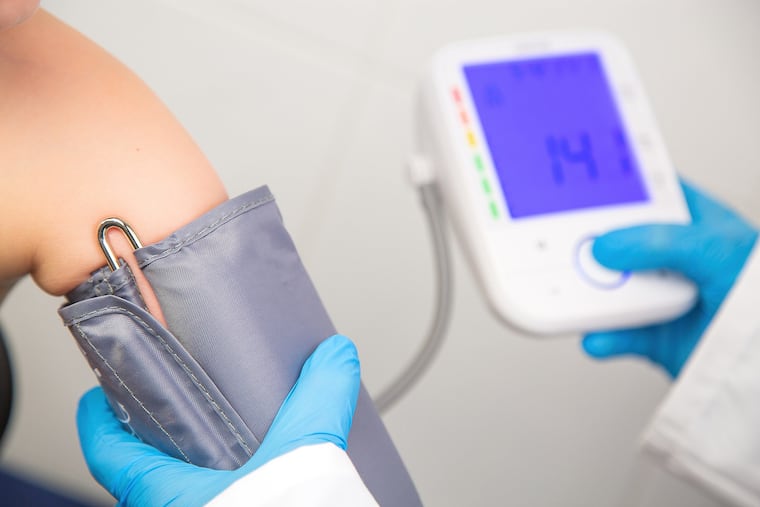Having difficulty getting a primary care appointment? Try these ideas. | Expert Opinion
If you have tried to make an appointment with your primary care clinician recently, you have likely encountered some difficulties.

This week, I got an earful from one of my patients who had a difficult time getting in to see me for her annual exam. She said that my online schedule had no appointment availability for months, but she did not leave a voice or portal message about her concerns. After calling first thing in the morning for several days, she was finally able to get in due to a cancellation.
If you have tried to make an appointment with your primary care clinician recently, you have likely encountered similar difficulty. Doctor’s offices are dealing with a workforce shortage, still catching up with patients who missed visits during the pandemic and, on top of all that, evolving the way they work as a team.
As a primary care physician, I’d like to offer a few insider tips for getting that appointment booked:
Be open to seeing another provider on your care team. Many primary care practices now function in care teams. This means that doctors, nurse practitioners, physician assistants, and other clinical staff work more closely to manage each patient’s care. If the clinician you usually see is not available, another team member can fill in.
Leave a voicemail or web portal message if you cannot get through on the phone — and be specific about your request. A triage nurse can review and discuss your concern with your clinician to see if it may be addressed safely over the phone or portal, with a visit as a next step or back-up plan. Although portal messages are often first seen and acted on by a nurse or other clinical staff, your clinician will always carefully evaluate your message, too.
Consider different ways of scheduling your appointment. Primary care practices often have an online scheduling option, where you can make an appointment on the practice website or through the patient portal. Keep in mind that the online schedule may not reflect all of your clinician’s appointment availability. If you don’t see what you want online, try calling or messaging the office to check on other options.
Try same-day scheduling. Practices may reserve a few appointment slots for each clinician for patients who need to be seen the day they reach out. These slots are intended primarily for those with acute problems, such as a possible infection or injury, but may sometimes be used for less urgent matters. Calling right when the office opens will give you the best chance of getting in that day, although a nurse will probably first ask you some questions to determine if emergency or urgent care is more appropriate for your concern.
Schedule your next routine appointment before you leave the office on the day you’re in for care. That way you’ll secure an appointment on your clinician’s calendar in advance, before it fills up.
Ask about a virtual-first appointment. The COVID-19 pandemic revealed how video visits can be an excellent option for connecting with your clinician or care team. Your practice may offer virtual appointments as a convenience, or as a way to improve access to care when the in-person appointment schedule is constrained.
Despite challenges with staffing, primary care practices are offering many creative options to improve access to care. As with all aspects of your health, it is important to be your own advocate by learning everything you can about how your primary care office works. Practice websites can be very informative. Learn all you can from your clinician and staff when you are in for your visit. Being well informed about your care team and health coverage is a vital but too-often-overlooked part of preventive healthcare.
Jeffrey Millstein is an internist and regional medical director for Penn Primary Care.